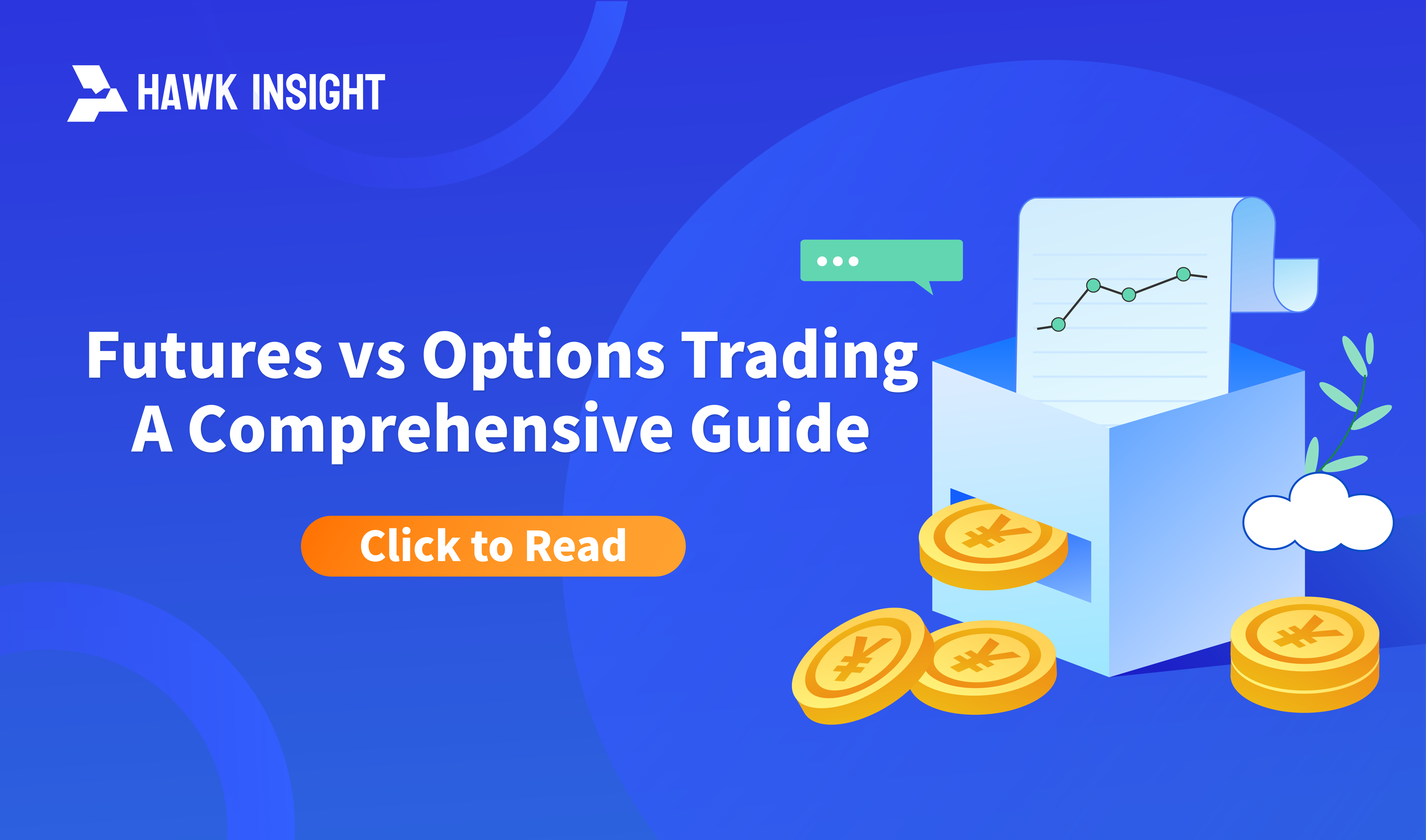Futures vs Options Trading - A Comprehensive Guide
Explore the key differences & similarities between futures & options trading.Learn how to choose the right strategy for your goals & risk tolerance.A must-read guide.

Futures and options trading are two popular forms of derivatives trading, each with its unique characteristics and uses. Below is a detailed introduction and comparison of these two trading forms.
Understanding Futures Trading
Futures trading involves buying and selling futures contracts, which are agreements to buy or sell an underlying asset at a specified price and date in the future. Futures contracts can cover various underlying assets such as commodities, currencies, interest rates, and even stock indexes. Futures trading is often used for market speculation and risk management. For example, a farmer can use futures contracts to lock in crop prices, thus mitigating the risk of price fluctuations.
Understanding Options Trading
Options trading involves buying and selling options contracts. An options contract gives the holder the right, but not the obligation, to buy or sell an underlying asset at a specified price and date. There are two types of options: call options and put options. Call options grant the holder the right to buy the underlying asset, while put options grant the right to sell the underlying asset. Options trading is commonly used for market speculation and risk management. For example, traders may use put options to protect their portfolios from potential market downturns.
Comparing Futures and Options Trading
Key Differences:
- Level of Commitment: Futures contracts are legally binding agreements requiring traders to buy or sell the underlying asset at a specific price and date. Options contracts, however, are not legally binding; the holder has the right but not the obligation to buy or sell the asset.
- Risk Level: Futures trading generally involves higher risk because futures contracts are legally binding, and traders must execute the trade at the agreed price and date. In contrast, options trading has lower risk as the option holder only needs to decide whether to exercise the option.
Advantages:
- Futures Trading:
- Market Speculation: Futures contracts allow traders to speculate on future market movements.
- Risk Management: Futures can be used to hedge against price movements of the underlying asset, such as a farmer locking in crop prices.
- Options Trading:
- Market Speculation: Options contracts enable traders to profit from market movements with the right, but not the obligation, to trade.
- Flexibility: Options provide the flexibility to tailor strategies to specific needs, such as combining call and put options to maximize profits while minimizing risk.
- Risk Management: Options can be used to hedge against potential market downturns.
Disadvantages:
- Futures Trading:
- Higher Risk: Futures trading involves higher risk due to the obligation to fulfill the contract.
- Margin Requirements: Futures trading requires margin deposits, which can be a significant cost, especially when trading on leverage.
- Options Trading:
- Higher Costs: Options trading can be more expensive due to the premium paid for the right to trade, and the contract's expiration date.
- Less Flexibility: Options contracts have specific expiration dates, limiting the ability to adjust strategies and potentially affecting profit potential.
Choosing Between Futures and Options Trading
Choosing between futures and options trading depends on the trader’s goals and risk tolerance. Futures trading suits those who wish to speculate on market movements and manage risks, while options trading is better for those seeking flexibility and the ability to customize strategies.
Risks in Futures and Options Trading
Both futures and options trading involve risks. Futures trading is riskier due to the legally binding nature of the contracts, which require traders to fulfill the contract terms. Options trading, while less risky, still involves the risk of losing the premium paid if the market does not move as anticipated.
In conclusion, futures and options trading each have unique characteristics and applications. Understanding their key differences, advantages, disadvantages, and suitable scenarios can help traders make informed decisions. This guide aims to provide a comprehensive comparison of futures and options trading, highlighting their respective features to assist those interested in these trading methods.
Disclaimer: The views in this article are from the original Creator and do not represent the views or position of Hawk Insight. The content of the article is for reference, communication and learning only, and does not constitute investment advice. If it involves copyright issues, please contact us for deletion.